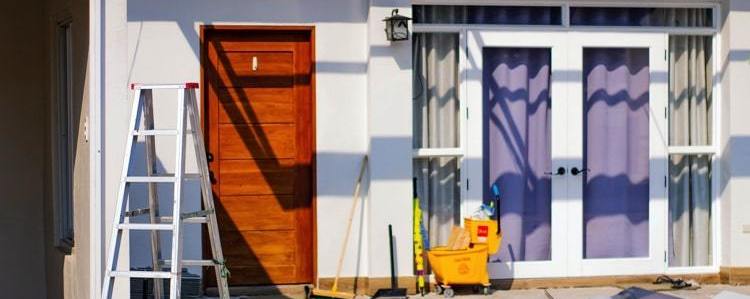Home DIY might not save you money
Posted on 30th September 2022
If you’re planning some indoor DIY jobs now that the days are getting shorter you might be interested in the results of a recent study.
Your good intentions for home improvements could cost you as much as £75,000 extra if you have to later call out trade professionals to put things right.
Over 500 tradespeople were surveyed and half of them said that almost a third of their callouts were to put right problems with home DIY projects.
TThe most common problems were DIY tap and pipework installations which accounted for around four out of 10 callouts. Other problems included fitting doors, repairing roofs, installing kitchens, tiling, radiators and floors. However, from a safety point of view the most worrying finding was that almost a third of problems were with electrical installations such as lights, sockets and switches.
Some of the tradespeople surveyed reported that badly installed electric sockets had caused house fires.
While it’s tempting to save some money by doing work yourself the cost of materials and selecting the right ones is important. Hundreds of pounds could be wasted if you later have to call in someone else to put things right. Some brave home improvers who have attempted full home extensions have had to spend up to £75,000 for repairs.
Mistakes with electrical work can be especially dangerous with risks of shocks or fires. This type of work should be carried out and certified by qualified professionals. Any changes to gas boilers and heating systems should also be done by an engineer.
Complicated projects such as bathroom and kitchen installations or wall removals are all likely to have electrical safety implications as well as risks for other serious problems such as leaks or flooding, drainage problems, corrosion and water damage.
Think about electrical safety for your DIY projects
Here are some things to think about if you’re considering a home improvement project.
Most of your electrical wiring is concealed in your property’s walls and ceilings. Before considering any renovation work ask a professional electrician to review and update your wiring and create an accurate wiring plan.
Older properties might not have enough sockets for modern needs and if you plan to add more rooms or install more appliances to existing rooms have the necessary wiring and sockets professionally installed.
Plan out the layout of new appliances in advance to make sure you won’t overload sockets or circuits. Make sure you know the maximum capacity of your electrical circuits and have new ones professionally installed if needed.
Ensure your consumer board (fuse box) has residual current devices (RCDs) that will automatically switch off electricity if there’s a fault.
Certain types of electrical work must be done or certified by a qualified electrician. If you don’t meet these requirements your insurance could be invalid and you might not be able to sell your property.
Tagged as: Electrical safety, Home improvements
Share this post:





